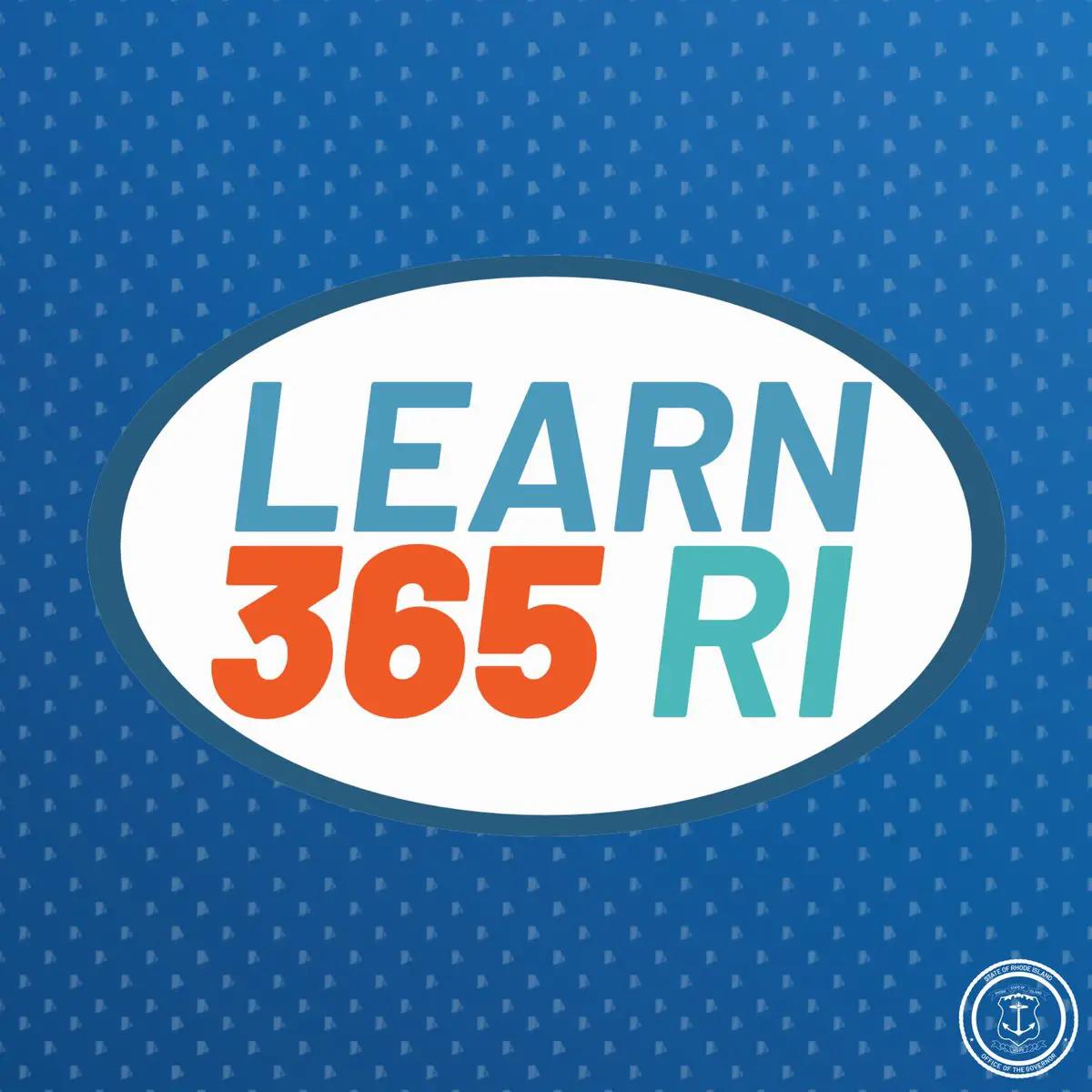The University of Rhode Island is partnering with Jonnycake Center for Hope, a local nonprofit organization, and the town of South Kingstown to create a program that will improve education for underprivileged students, funded by the Learn365RI state grant.
The program, titled South Kingstown Year-Long Learning Supports (SKYLLS), aims to cover initiatives deemed necessary to improve in the education sector by Rhode Island Governor Daniel McKee.
Brewster said that the Jonnycake Center for Hope, founded 50 years ago, recently took initiative in improving local education. The youth center has helped run these programs, according to Brewster.
“In addition to being a basic needs organization, we’ve expanded our programming and offerings over the last few years to really, in part, respond to the pandemic,” Brewster said.
Jonnycake Center for Hope, within the last year, closed down their food pantry and replaced it with the youth center.
When a request for proposals came out in late June, University of Rhode Island College of Education Professor Diane Kern and Jonnycake Center for Hope Executive Director Kate Brewster applied for the grant due by June 30.
The grant money will be used to run after school programs for South Kingstown students, while providing transportation and additional educational support, according to Kern.
“The main thing is to show support to the South Kingstown schools, their leaders, their teachers, the families, the children, that we as a community are here to provide as much support and assistance as we can,” Kern said.
The Learn365RI grant, announced in late spring of 2023, is derived from COVID relief state funding, according to Brewster. In the announcement, McKee listed specific issues, catalyzed by the pandemic, that should be addressed including literacy, absenteeism and college and postsecondary education access.
The proposal was a robust outline of how a partnership between URI and Jonnycake Center for Hope could improve those specific issues that McKee addressed, according to Kern and Brewster.
The target students served through SKYLLS programs are from economically disadvantaged families and communities, according to Brewster.
“This type of initiative provides after school support, mentoring and tutoring for children who cannot usually afford the tutoring that other families might be able to provide for their children,” Kern said.
Students in need can be referred by their schools to participate. This demographic is also determined by the free and reduced lunch status reported by the Rhode Island Department of Education.
The SKYLLS program will run after school support for South Kingstown students at the elementary, middle and high school levels, according to Kern.
“This is, really, a testing opportunity that will help us evaluate needs,” Brewster said. “Then, we can decide which pieces, if not all, we do on a more permanent basis going forward.”
Programs will be supported by educational expertise from URI, and social work initiatives advocated by Jonnycake Center for Hope, according to Brewster.
Brewster said the Jonnycake Center for Hope and the URI college of education partnered to create a pilot program, named Appleseeds, before receiving the Learn365RI grant.
The program teaches literacy for grades 1-3 through after school tutoring from URI students and volunteers at the Jonnycake Center for Hope. This program also utilizes expertise from the URI’s Graduate Certificate in Dyslexia Knowledge and Practice to address students struggling with dyslexia.
Through the SKYLLS initiatives, their partnership is aiming to expand similar literacy initiatives into fifth grade, expanding their impact on the elementary school level.
URI course EDC/PSC 306 offers students the opportunity to help students with literacy and earn an internship credit, according to Kern. Anyone can apply to volunteer for SKYLLS programs on Jonnycake Center for Hope’s website.
Governor McKee’s request for proposal also addressed the rise in absenteeism. While applying for the grant, Kern and Brewster planned to address absenteeism for South Kingstown middle students.
The SKYLLS program plans to work directly with middle school students and their families to assist with obstacles presented that deter them from attending school.
Whether this be transportation, social anxiety, or a lack of childcare, the program will work with Tides Family Services to facilitate home visits in order to assist families directly.
For South Kingstown high school students, SKYLLS is planning to provide financial aid clinics for low-income students who want to attend college.
Help with scholarship essays and applications will be offered to encourage attendance to college among students. Students will also be informed of other postsecondary education opportunities.
All programs, in their stages of development, are planned to take place in the Jonnycake Center for Hope youth center or market. According to Brewster, their youth center replaced their thrift store that was closed down in the past year.
“This partnership between the district and URI and Jonnycake, the timing is right,” Brewster said. “We have three institutions that are extremely enthusiastic about helping students who have really experienced some disparity.”
Brewster said they are eager to have their planned programs, under SKYLLS, up and running by next month.
Over 30 schools in Rhode Island have received portions of this grant to improve local education, according to Brewster.
Since the grant money comes from a dissolving COVID relief fund, it is unclear whether funds will be renewed after the award ends in September of 2024.
According to Brewster, Governor McKee hopes to improve overall education access to the point of surpassing Massachusetts’ achievements by 2030.





